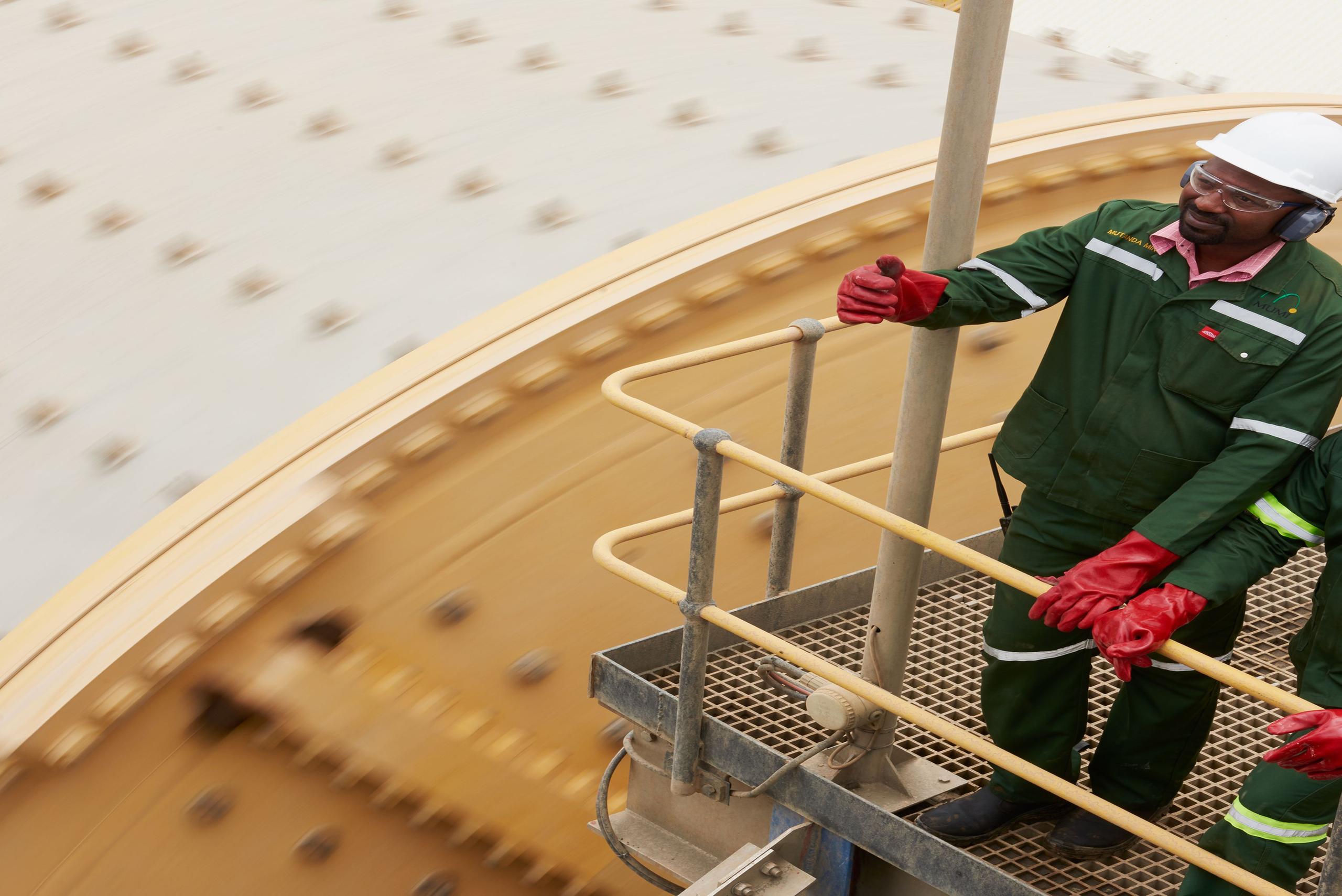
Glencore suffers $350m hit as cobalt prices decline

Glencore has taken a $350 million hit because of falling cobalt prices as the problems facing its African copper business continue to pile up.
The Switzerland-based miner and commodity trader has been grappling with a string of issues in the Democratic Republic of Congo, where it operates two copper mines, and in Zambia, where it owns another asset.
Dozens of illegal miners died last month at its largest copper and cobalt mine in the DRC after a pit wall collapsed, while Glencore has closed two “uneconomic” shafts at its Mopani Copper Mines business in Zambia.

The latest problems were revealed in a trading update and centre on its Katanga Mining subsidiary.
Glencore, which is led by trader Ivan Glasenberg, said it had been forced to take a $350 million mark-to-market hit because of falling prices on 10,300 tonnes of unsold cobalt, a key metal in the battery packs of electric cars and mobile phones.
It also flagged issues with two projects at its Katanga, which is due to release the results of a comprehensive business review next week. This is likely to trigger a downward revision to production forecasts. Katanga had been expected to produce 285,000 tonnes of copper this year.
Overall, African copper production fell 3 per cent to 187,800 tonnes in the six months to June.
In a statement Mr Glasenberg said Glencore’s Africa copper business “did not meet” its expected operational performance during the first half of 2019 but the company had moved to address the challenges at Katanga with several senior management changes as well as the business review.
“Our African copper assets retain significant potential and will play a key role in the transition to a low-carbon economy. We have developed detailed turnround plans and I look forward to taking you through these plans along with our financial performance on 7 August,”quot; he said.
While Africa copper business is a small part of Glencore’s overall business, it receives a lot of attention from analysts and investors.
Glencore claims it is one of the miners best placed to benefit from the electric vehicle revolution, but it needs its mines in Zambia and the DRC need to be firing on all cylinders.
Last year responsibility for Glencore mining, or industrial assets, was handed to Peter Freyberg, the former head of its coal business.
Mr Freyberg, who was appointed to the board of Katanga overnight, will set out the turnround plan for African copper next week.
Investors are hoping that Mr Freyberg can bring some of the technical rigour from the coal business to Glencore’s African copper business.
In Wednesday’s trading update, Glencore said its marketing, or trading arm, had posted earnings before interest of $1.3 billion in the six months to June, excluding the non-cash $350 million hit from lower cobalt prices. On an annualised basis, that is within the $2.2 -$3.2 billion range set by the company in February.
Copyright The Financial Times Limited 2019

More
How Glencore does its homework

In compliance with the JTI standards
More: SWI swissinfo.ch certified by the Journalism Trust Initiative






























You can find an overview of ongoing debates with our journalists here . Please join us!
If you want to start a conversation about a topic raised in this article or want to report factual errors, email us at english@swissinfo.ch.